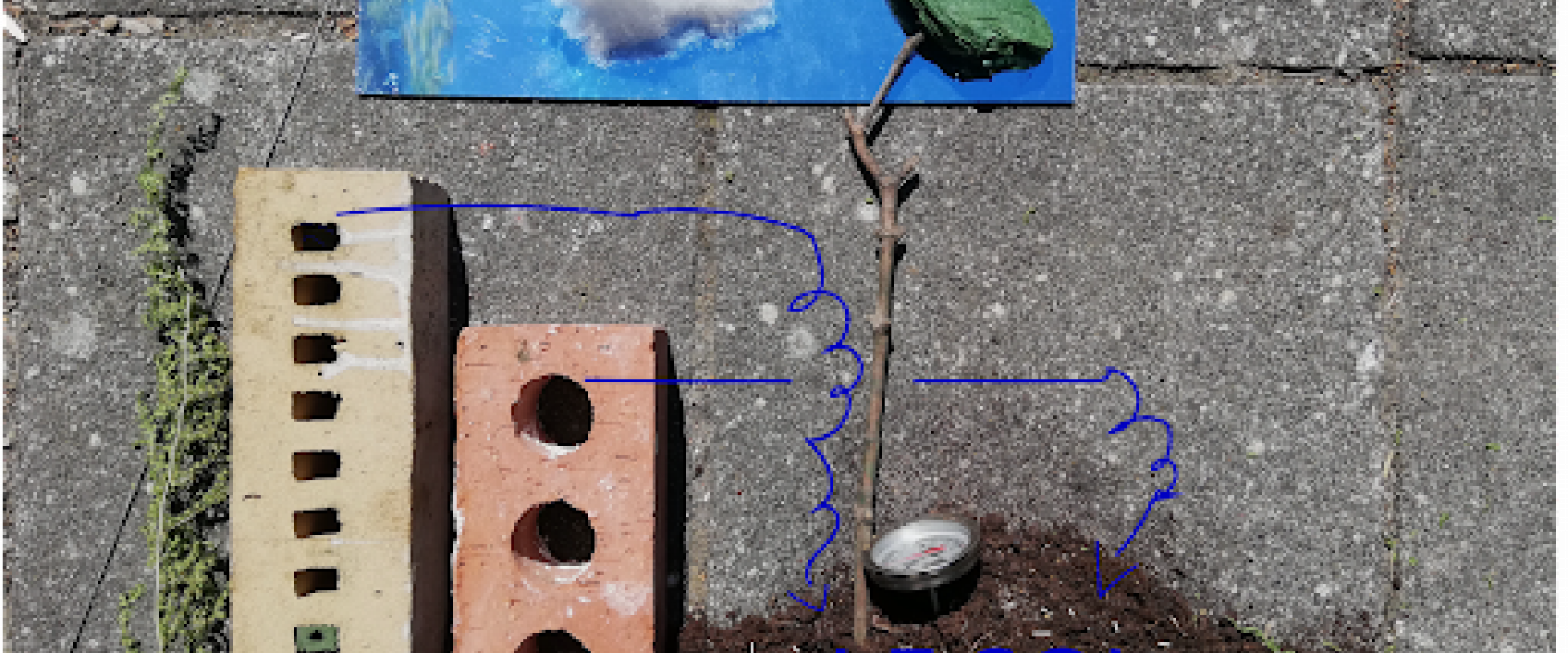Super Terram (towards a multispecific urbanism)
Super Terram is a co-creation research project focused on Brussels' soils and the life animating them. By placing living soils at the heart of citizen mobilizations, the project aims to bring out new ways of developing our cities that are more sensitive to the multiple relationships that unfold under our feet.
Description
This research deals with the governance of urban soils in Brussels and the problem of their degradation due to urbanization processes. Historically, the city has developed by constantly moving, deconstructing, and sealing soils without much attention to them nor to the web of human, animal and plant life attached to them. Generally invisible, these soils have ceased to exist as an object of political attention. Today however, the present and projected impacts of climate change and the collapse of biodiversity remind us of the essential role of soils. They shelter more than 25% of the world's biodiversity and are places where multiple connections are weaved (ecological but also social, cultural, and political).
In the light of this situation, Super Terram aims to bring attention to the roles of soils during urban planning processes so that soils are seen for what they are: ecosystems and networks of relationships on which we co-depend. By mobilizing a community of actors and researchers able to identify, learn from and amplify alternative and new narratives on urban soils, we would be able to conceive and build our cities in a revitalized way so that our relationship with and our knowledge of urban soils is renewed. This would enable us to move beyond our current vision of the soil as a simple support for urban growth and a resource that can be moved around.
Three research objectives were identified: i) to collectively cultivate new knowledge of and devotion to soils, ii) to experiment with new participatory methods of analysis and in situ soil regeneration, and iii) to develop new governance tools capable of renovating urban planning practices. These objectives were developed through multiple actions such as citizen science workshops, interviews, soil tests, or speculative workshops. These actions took place on the four research sites of the project: Bûûmpark Van Praet, Stephenson, Northern District and a recent wasteland along Schaerbeek Formation. These sites are all nestled on the edge of the natural and railway corridor linking the North Station and the Schaerbeek Formation railway platform. Because of its own history, today, this corridor is the site of several interspecific relationships linking the past of the Senne floodplain to the debris left by an unrestricted industrial growth that buried the floodplain and the future of a new riverbed that will be dug here.
Super Terram is supported by BRAL, ULB Faculty of Architecture and the 51N4E urban and architecture practice, in collaboration with the soil subdivision of Brussels Environment, the Urban Nature design unit and the LoUIsE Laboratory of the ULB, Ecotechnic, Plant en Houtgoed, Falma Fshazi, Valérianne Poidevin and Studio1Bis. The beginning of this project was funded under the Innoviris Co-create 2021-2023 program.
Check out the resources below to learn more:
- https://vimeo.com/771642280/f3af4e2556
- https://www.cocreate.brussels/projet/super-terram/
- https://www.radiopanik.org/emissions/radiografi/super-terram/
The information about this Community of Practice is also available in French:
Download description in French
